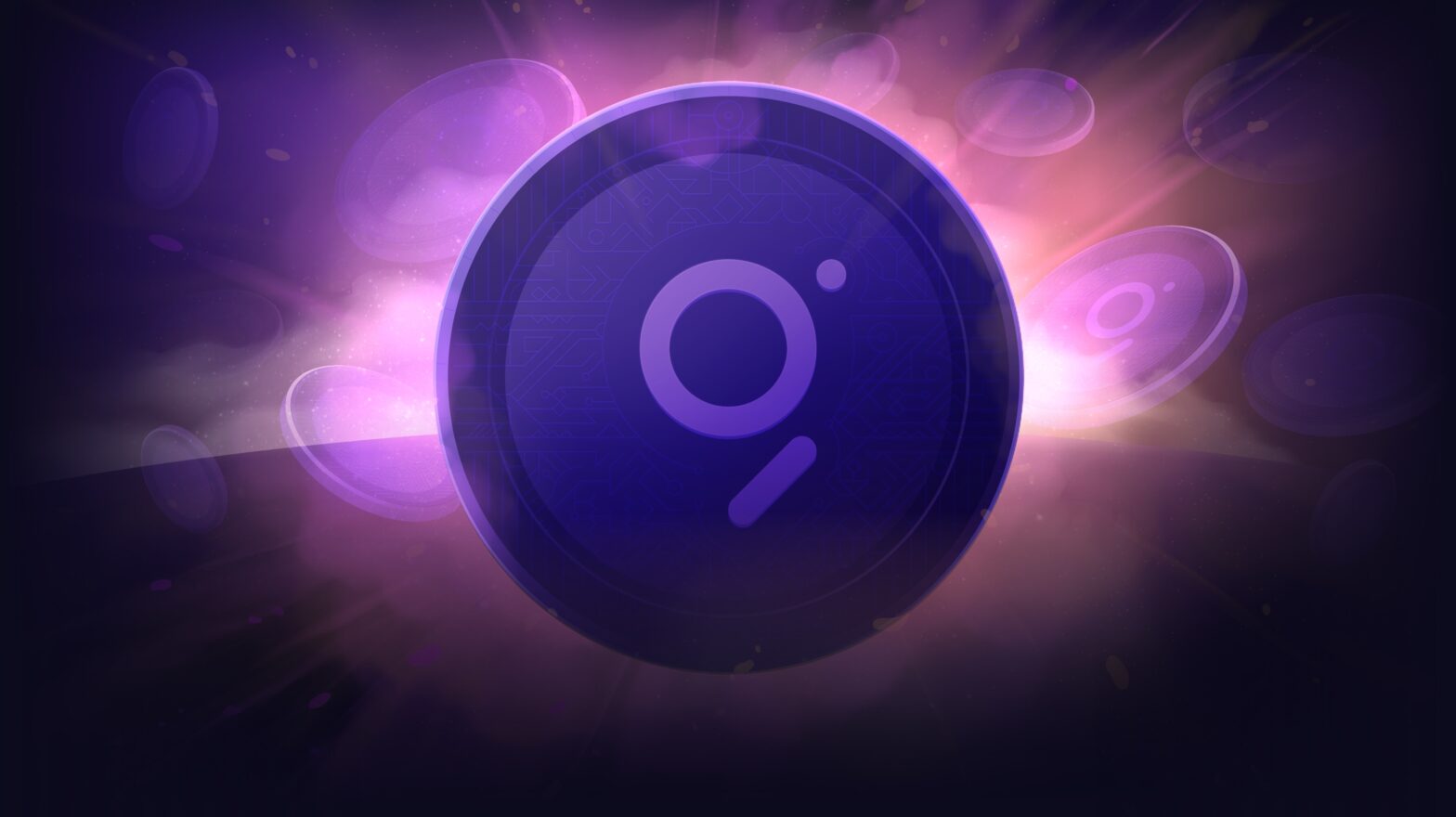The Graph (GRT) Extends Breakout on DeFi Growth

#
The Graph (GRT) extended its breakout as crypto assets stopped their slide. With BTC established around $35,000, some altcoins broke out from their lows, with the potential for a more significant rally.
GRT extended its rise from the $0.54 levels, reaching $0.76. The asset has moved counter to the markets, sliding for most of 2021 after a peak above $2.20 in February. GRT is up more tha 37% in the past week, and its volumes are picking up slowly.
GRT attracted the attention of short-term traders for its potential to break out into a new price range.
Renewed interest in altcoins shows a shift in balance, as BTC market cap dominance receded from above 47% to 44%. Altcoins remain riskier, but work as one of the tools for traders to find faster short-term growth.
What is The Graph
The Graph is an innovative scaling solution for the Ethereum network, allowing distributed app builders to move and curate data, smart contracts and transactions with low latency. The Graph also has a native digital asset, though it allows for the creation of next-layer tokens.
The Graph is a series of nodes capable of carrying and verifying information, thus saving on fees for interacting directly with the Ethereum network. The project is somewhat similar to Polygon (MATIC), and may soon gain importance in DeFi applications. The Graph wants to become the search engine for blokchains, serving the role of Google in accessing data on distributed apps.
The Graph project was first proposed in 2018, with the idea of creating a protocol for Web3 apps – fully decentralized software with commercial-grade performance. Thus, the Graph now offers a stack for developing decentralized apps through public resources, as well as blockchain access.
For now, The Graph still does not sport a long list of native dApps, but there are robust tests on wrapped BTC decentralized trading. However, The Graph hosts decentralized access to the leading DeFi protocols, including the UniSwap exchange, Maker DAO, Compound, Synthetic and Balancer, as well as an easier access to the USDC stablecoin.
GRT Trading Profile
Despite its low volumes, GRT trading is distributed to most top exchanges. It is possible to buy GRT through the Coinbase Exchange. Trading GRT on Binance International is responsible for 22% of all volumes.
More than 55% of all GRT trading is against Tether (USDT), potentially exposing the asset to all risks related to the leading stablecoin.
GRT also trades on relatively thin volumes of about $273M in 24 hours, still far from large-cap coins and tokens. The low volumes may add to GRT volatility both on the upside and on the downside.
How to Store GRT
GRT can move both through its native network of nodes, and through the Ethereum network, as an ERC-20 token. The asset is compatible with MetaMask and any other Ethereum wallet, though it will not be visualized in multi-asset wallets like Exodus.
The movements of GRT tokens can now only be visualized through Etherscan, though The Graph team plans to launch a decentralized hosted explorer in 2022.
Is GRT a Good Investment
GRT is considered a coin that works as a proxy exposure to the DeFi sector. GRT remains risky and volatile, with relatively short trading history. But with wide adoption across exchanges, GRT may gain exposure and line up among leading crypto assets.
GRT is already sporting a market valuation above $2B and reached the list of top 50 assets by market capitalization.
How is the DeFi Sector Performing
The DeFi sector has shown it can perform with robustness despite the recent market losses. As Ethereum (ETH) established itself above $2,000, DeFi trading and passive income schemes proved robust. Algorithmic deposit protections also diminished the risk of liquidation.
The Total Value Locked (TVL) in DeFi started to expand in July, returning to above $56B. Top DeFi tokens have a market cap above $77B, still down from the peak above $123B. While a few months ago Maker and Compound led the way in DeFi, currently the most active dApps have shifted.
The most influential DeFi apps now include the Aave protocol, which locks up more than 15% of all value, as well as the Uniswap Exchange and Curve Finance.
DeFi Leads the Market Recovery
BTC trading stagnated somewhat, but the tentative market recovery is lifting up most of the prominent DeFi assets. UniSwap (UNI) stands above $20. Compound (COMP) is up more than 62% week-on-week, rising to $423.76 from the recent lows near $200.
Maker (MKR) is up 27% in the past week, to $2,740.30. The gains in the DeFi space are decoupling from the performance of BTC, as funds flow more easily into DeFi vaults. The performance of DeFi also hinges on the strength of ETH, which now heads into the final stretch before the London upgrade.
#
With over 50 coins and an obsession with security, Kraken is one of the safest places to buy and trade crypto.

Kraken has a good reputation for security and protection of your funds and operates across the USA (except NY), Canada, the EU and Japan

A review of the many options for crypto exchanges and what the main differences are

What is cryptocurency? What gives it value? How do you buy and store it? Beginners questions answered in plain English.

A multi-utility asset, linked to the diverse activities of the Binance Exchange. A token to pay trading fees, as well as participate in new asset sales, BNB now runs on a proprietary blockchain.

The first cryptocurrency. It has limitations for transactions but it is still the most popular being secure, trusted and independent from banks and governments.